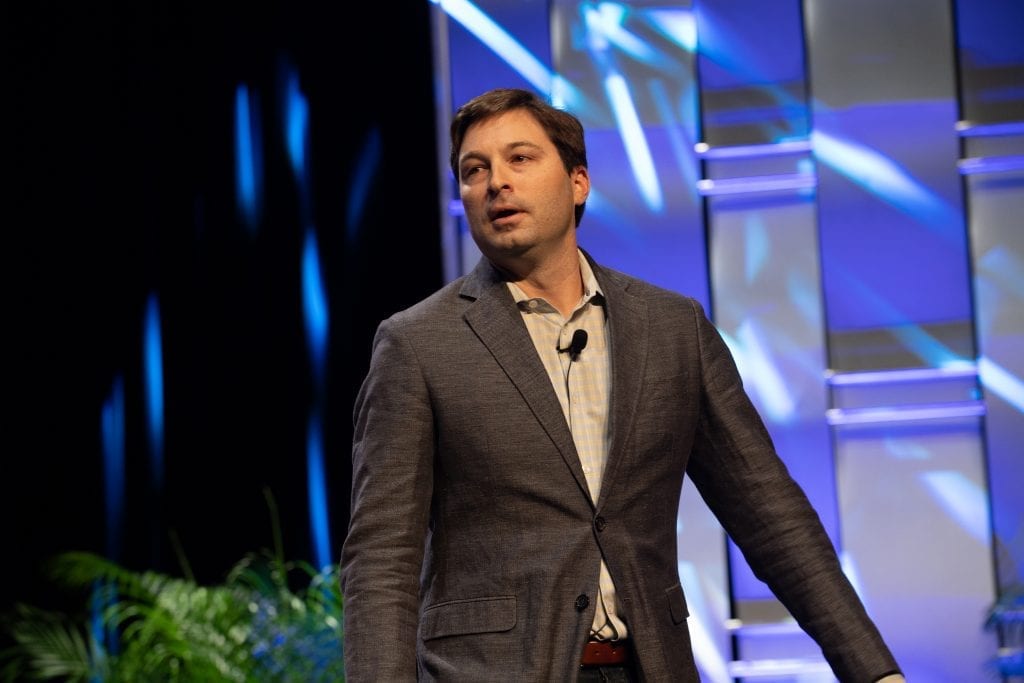A real estate mogul has made a small bet on the evolution of experiential wellness in hospitality by helping to back the growth of Canyon Ranch, a four-decade-old, destination spa resort brand.
Vici Properties said it had tapped a loan facility for up to $200 million to fund the development of Canyon Ranch Austin in Austin, Texas, slated to open in 2025. Vici is a real estate investment trust affiliated with Caesars Entertainment whose portfolio includes 58,000 hotel rooms and casinos. Earlier this year, it acquired the Venetian Resort Las Vegas in a $4 billion deal.
Expansion Plans
The move came as Canyon Ranch, which has three full-service resorts, is pursuing a growth strategy by adding the Austin resort.
More ambitiously, Canyon Ranch plans to open urban wellness clubs. It plans to open mid-size, partial-service facilities in Houston (in early 2024) and Fort Worth, Texas (by the end of 2023), that offer integrated wellness in settings of about 30,000 to 40,000 square feet.
“Wellness is not just components like diet, fitness, sleep, and mindfulness, but it’s all of it delivered in an integrated way,” said Canyon Ranch CEO Jeff Kuster. “We want to be able to follow guests back home, so to speak.”
The company will also create a mobile app that helps customers receive guidance for meeting their wellness goals with the help of biometric data.
The idea is to help guests retain the well-being they found at the resort when they return to their urban lives. Having multiple touchpoints with customers could encourage loyalty and cross-selling as well as raise brand awareness among potential new guests, the company said.
“We are really excited by the evolving of the Canyon Ranch ecosystem because we believe, strongly, that all aspects of that ecosystem will motivate existing and potential clients to seek the ultimate Canyon Ranch experience at the resorts, including Austin,” said Edward Pitoniak, CEO of Vici Properties.
“Canyon Ranch is a global leader in the strength of relationship with their guests, and that’s because they create a client experience that truly encompasses the totality of the client’s life and aspirations,” Pitoniak said.
Vici also obtained a right to acquire a couple of Canyon Ranch’s properties in Tucson, Arizona, and Lenox, Massachusetts — if the wellness company chooses to sell the real estate. The brand would continue to operate the facilities essentially as a management company. Privately held Canyon Ranch isn’t believed to have had other significant external backers to date.
“In this environment, nothing’s being financed,” Kuster noted. “This just speaks to the vision of Vici to build out these pilgrimage-type destinations. It’s a way for us to get a significant ground-up property built in a really attractive market.”
Bet on Experiential Real Estate
Vici said its support of Canyon Ranch was part of a broader bet on “experiential real estate,” or property that offers consumers experiences they can’t easily replicate at home.
“This can be driven by the physical aspects and magnitude of the real estate,” Pitoniak of Vici said. “It can also be driven by the value of the experience being shared, at the same time, in the same place, face to face.”
Skeptics may wonder if a company delivering something as amorphous as wellness can successfully build a competitive moat with high walls to thrive. But Vici is bullish.
“In certain brand categories, the brand’s differentiation is based on the brand’s intellectual capital,” Pitoniak of Vici said. “What we love about Canyon Ranch is that the team has an unrivaled legacy, within global wellness, at continually advancing its intellectual capital around wellness and manifesting that intellectual capital in its guest experience innovation.”
“Competitive moats can’t be static,” Pitoniak said. “They must be defended every day, and, to use the old saying, the best defense is a strong offense, and we love the way Jeff Kuster and the Canyon Ranch team are on offense, especially as we enter a period of tremendous secular tailwinds behind wellness.”

